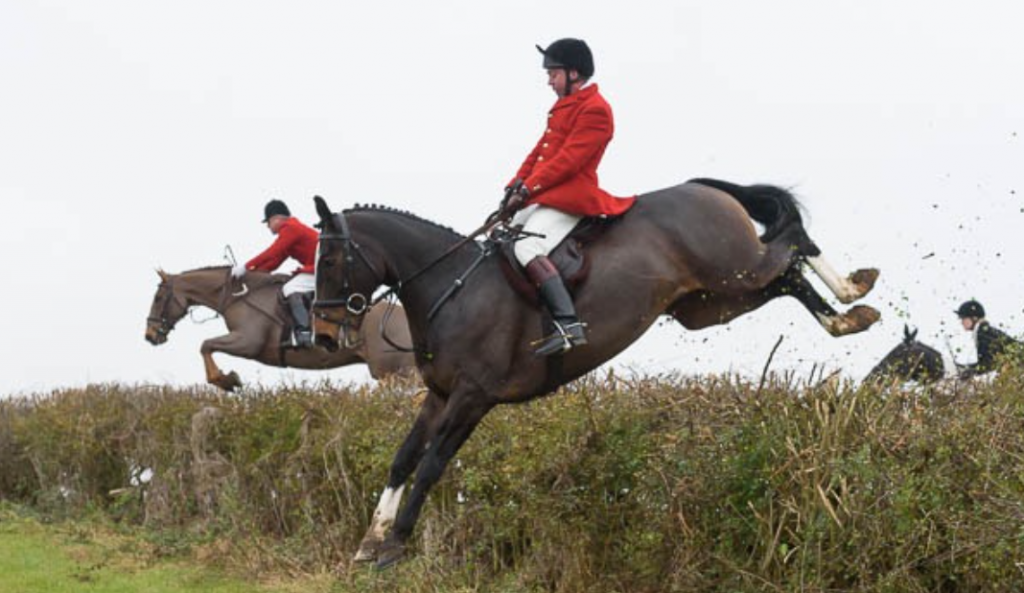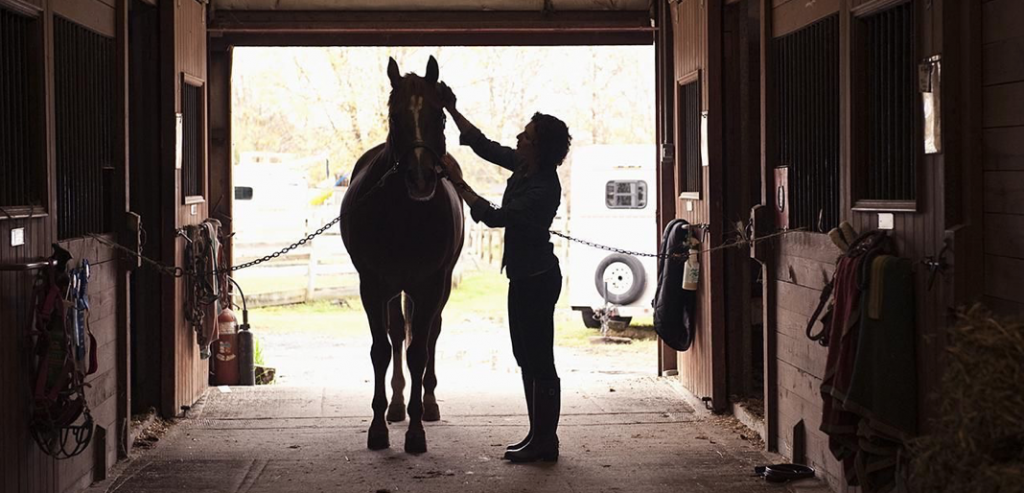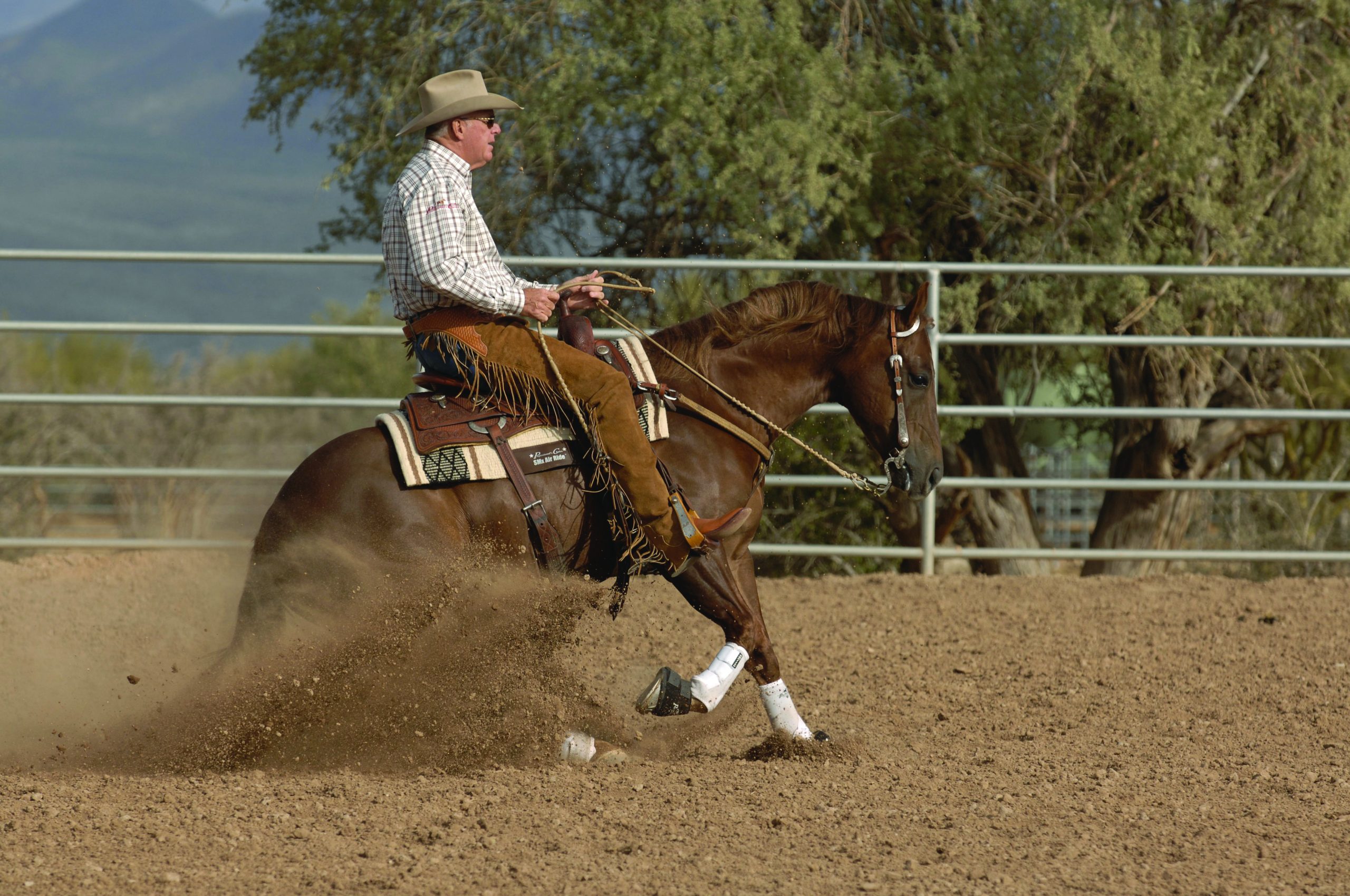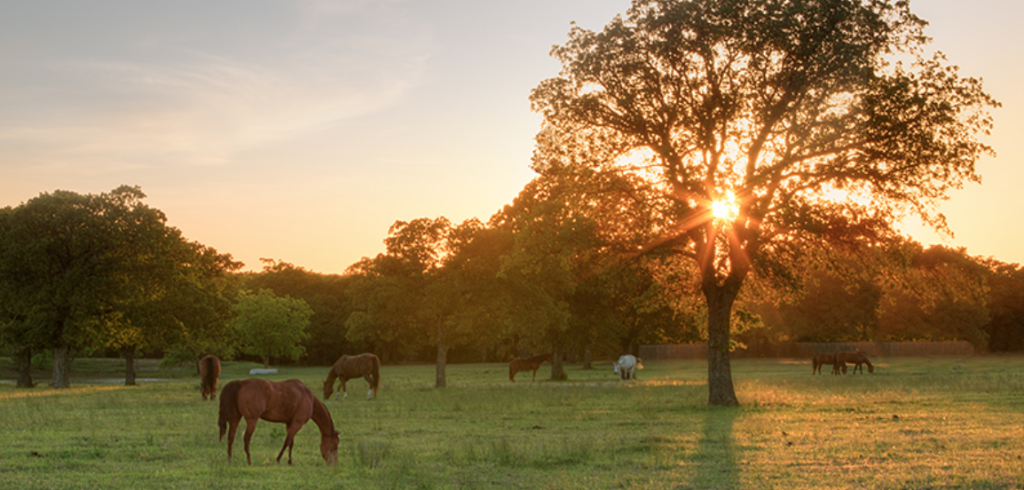Dr. Steven Allday weighs in on effective ways of getting your horse ready for hunt season
Steeped in tradition, Fox Hunting is an equestrian sport enjoyed throughout the world. Properly prepared horses and riders can have a wonderful riding experience socializing with friends and enjoying nature. As cubbing season is closely approaching, we’re sharing some conditioning tips for this upcoming hunt season.
The rigorous sport of field hunting can demand that a horse gallop for miles, encountering natural and manmade obstacles like coops, logs, trees, and fences. These conditions have potential to cause injuries if you or your horse are underprepared. Prior to the long and rigorous hunt season, cubbing events are held in the late summer and early fall to prepare horse and rider. Prior to the more casual cubbing season, it is imperative that you evaluate your hunter’s level of conditioning.

Exercising your horse 3-5 days per week for at least a month prior to cubbing season will prepare them in the correct condition for cubbing. Start with at least 15-20 minutes of long trotting to warm up followed by long canters. Once your horse starts to show that they are tucking up and attaining better aerobic fitness, start an easy gallop for at least a mile and practice jumping some obstacles. These exercises will help muscle tone and stretch tendons and ligaments.
By examining the location of your hunt you can determine the expected shape and size of obstacles and thus your ideal practice goals. Jumping an under conditioned horse can cause injuries. The goal of your conditioning is to attain fitness while improving you and your horses timing in dealing with obstacles encountered. Since most field hunters are older and more experienced athletes this conditioning and practice is critical prior to and during the hunt season.

Some field hunters have pre-existing conditions from their past that can play a role in their conditioning regiment. Old tendon issues, suspensory problems and arthritis are all potential problems with a field hunter. As is the case with all equine athletes, a consistent exam and monitoring routine works best. It is wise to develop a checklist to follow that will give you early recognition of any problems. Check the legs for heat or swelling, pick and inspect feet, and jog your horse prior to exercise, evaluating their soundness.
The value of monitoring your horse’s weight and maintaining it through the season cannot be understated. This ensures your hunter will have adequate energy for a day in the field and enough to recover from days with heavy exertion. As always I recommend LubriSyn to keep joints healthy and to minimize or eliminate injecting your horse. During the season if a hunter gets a little tired and down in weight I turn to Re-Borne to boost appetite and help with feed conversion. Together these products will ensure that your hunter will start and end the season in the best condition possible.
Apply these principles and develop these daily habits to have a safe and fulfilling season for both you and your equine partner.
Dr. Steven C. Allday, DVM


